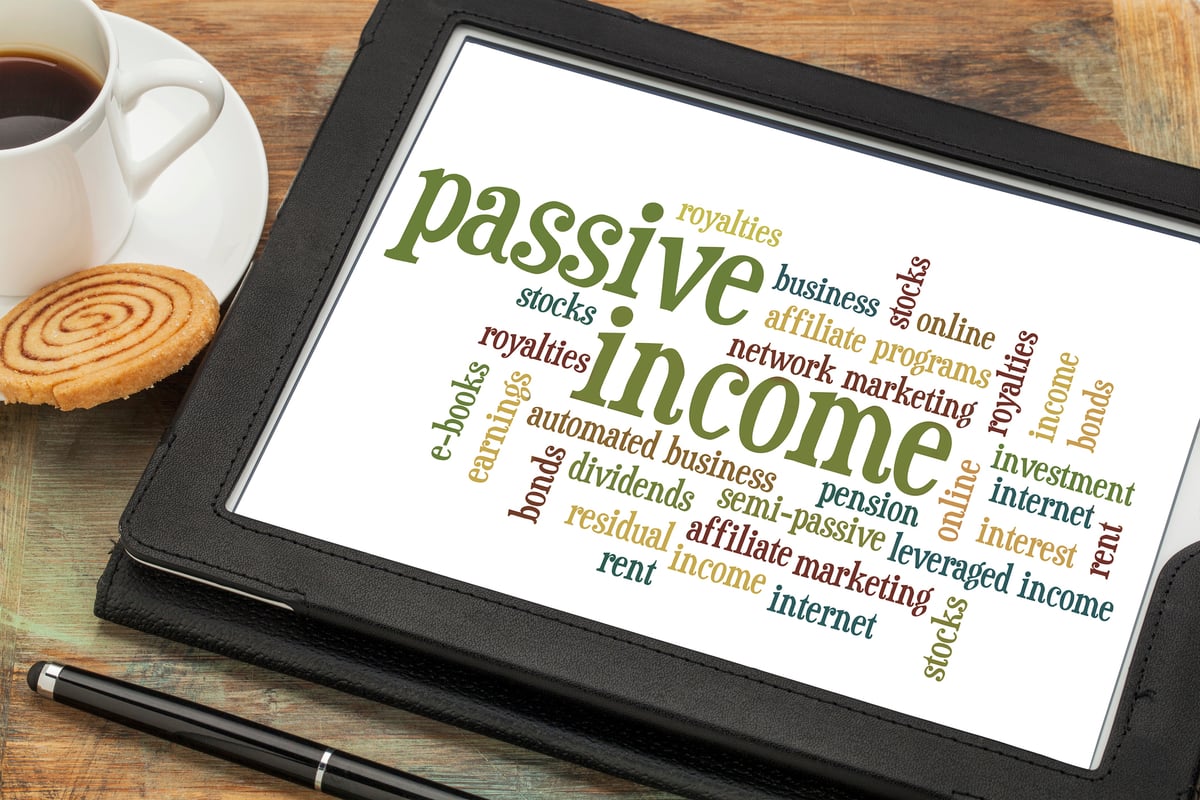You'll sometimes see investors pose the question online: "If you had $1 million and could only invest in one stock to hold for the next 10 years, what would it be?" On the surface, it's a way to crowdsource stock ideas, but it also brings in two key factors: time horizon and downside protection. After all, if you're locking in that kind of money for a decade, the last thing you want is to end up with less than you started.
The truth of the matter is that most stocks ultimately underperform. A J.P. Morgan study found that between 1980 and 2020 40% of stocks in the Russell 3000, which consists of the 3,000 largest companies that trade in the U.S., experienced what it called a "catastrophic stock price loss," which it defined as a 70% price decline from which a stock never fully recovered. In addition, 40% of stocks during this period had absolute negative returns, and two-thirds underperformed the index.
Against that backdrop, that is why I also answer the question with the same stock: Enterprise Products Partners (EPD +0.86%). In fact, it is the stock I've owned the longest, holding it since 2008.

Image source: Getty Images
Why Enterprise is a smart investment
For those unfamiliar with Enterprise, it is a master limited partnership (MLP) that operates one of the largest integrated midstream systems in the U.S. It provides essential services, such as transportation, storage, and processing, to both producers and consumers of fossil fuel-based products, including crude oil, natural gas, natural gas liquids (NGLs), petrochemicals, and refined products. Its large integrated system gives it geographic, product, and market diversification.
One of the most attractive things about Enterprise is its consistency. Midstream MLPs are pass-through entities that tend to carry attractive yields. Enterprise is no exception, with it currently having a forward yield of nearly 7%. Distributions are important to its stockholders, and the company has been able to increase its payout for 26 straight years, navigating several difficult energy and economic periods during that span.
A big key to Enterprise's strong track record is that the company takes a conservative approach. Typically, about 85% of its cash flow comes from fee-based businesses, where swings in commodity prices or spreads have no impact on it. It also likes to attach take-or-pay or minimum volume commitment (MVC) provisions to its contracts, which means it gets paid whether or not its customers use its services. This helps protect its cash flow. Approximately 90% of its long-term contracts also have escalation provisions based on inflation.
In addition, the company has a conservative balance sheet. Building pipelines and other midstream assets is capital-intensive, so midstream companies generally carry debt. Enterprise has low leverage for the industry, with it sitting at 3.1x at the end of last quarter. The company has done a great job of terming out its debt. Over 95% of it is fixed rate, with an average maturity of 18 years and an average interest rate of just 4.7%. In other words, it's locked in low-cost debt for the long haul, which is a valuable asset in today's higher interest rate environment.
Enterprise also carries a high coverage ratio, which is an important measure regarding the safety of its payout. Last quarter, its coverage ratio was 1.7x its distributable cash flow (DCF), which is operating cash flow minus maintenance capital expenditure (capex). DCF is a common metric used with MLPs because the companies have the ability to ratchet their growth capex spending up or down. Its high coverage ratio lets it self-fund growth without having to issue equity or greatly increase its leverage.
Despite its conservative nature, Enterprise is not afraid to pursue growth when it sees good opportunities. The company reduced its growth capex coming out of the pandemic, taking it to $1.6 billion as opportunities dried up. However, it plans to spend between $4 billion to 4.5 billion on growth projects this year, up from $3.9 billion in 2024, as demand for natural gas and NGLs continues to grow. The company is also very well positioned in the Permian Basin, which is the most prolific oil basin in the U.S.
Enterprise currently has $7.6 billion of major capital projects under construction, of which $6 billion of these projects are set to come online this year. That sets the company up for solid growth in 2026 and beyond as these projects ramp up.

NYSE: EPD
Key Data Points
An attractive valuation
Turning to valuation, the stock currently trades at an enterprise value (EV)-to-EBITDA multiple of 9.8, which is the most common metric used to value midstream companies. This is attractive from a historical perspective, as MLPs traded at an average EV/EBITDA multiple of 13.7x between 2011 and 2016.
All in all, Enterprise is a solid, "sleep well at night" stock trading at an attractive valuation, and one of the smartest investments you can make today for the long term. It doesn't come without risks, as disruption in the economy and lower energy prices can impact volumes, but the company has a long track record of navigating these types of markets.
So sit back and collect your ever-increasing distributions over the next decade.





